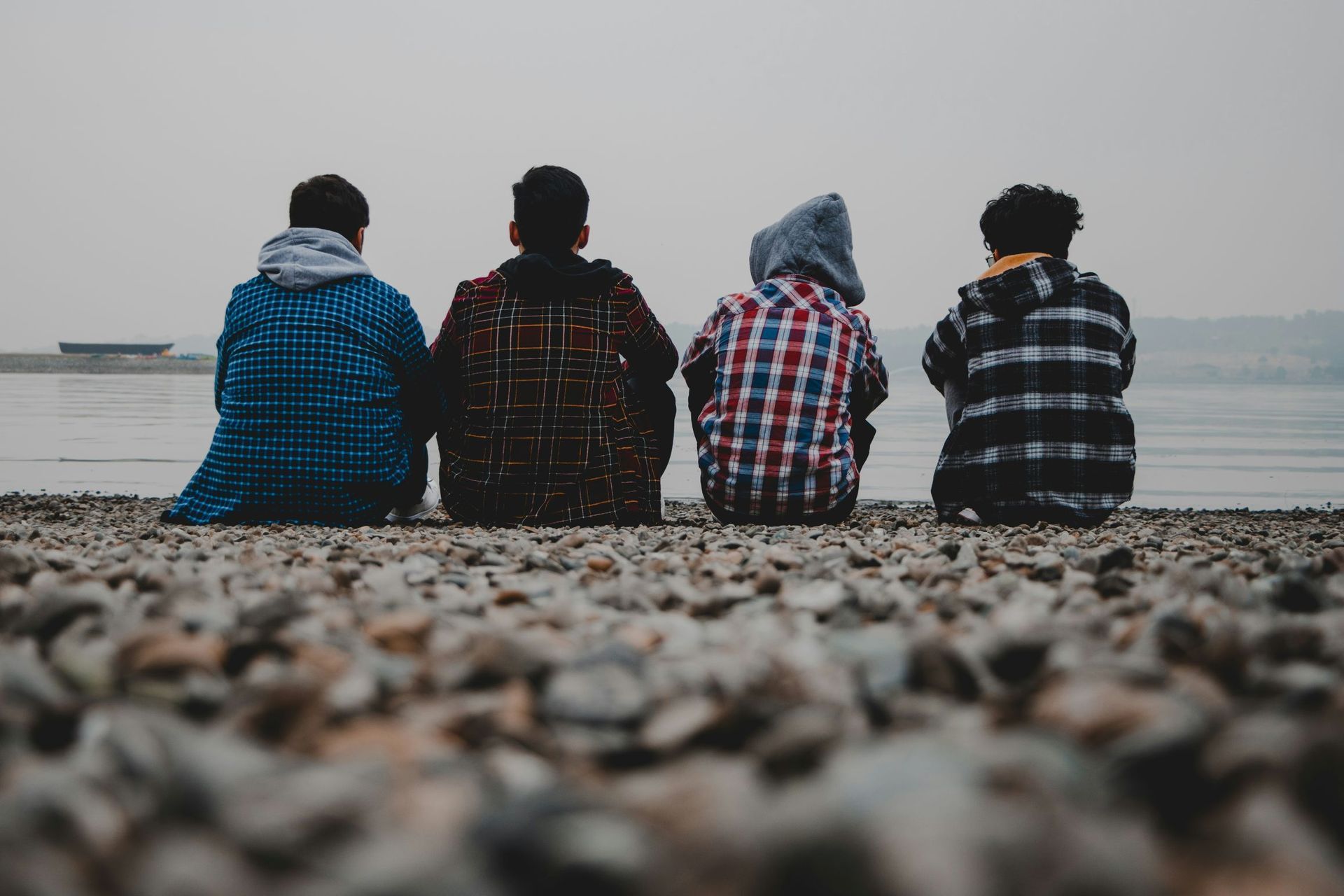The Issue of Sexual Harassment in the Workplace
Sexual harassment in the workplace can have devastating effects on those who experience it. It not only undermines the victim's sense of safety and security but also hinders their ability to perform effectively in their job. In recent years, there has been an increased awareness of this problem, with many organizations implementing policies and training programs to address and prevent such behavior.
In this blog, we will look into sexual harassment in the workplace by exploring its various forms and impacts. We will also discuss strategies for creating a safe and respectful work environment where all employees feel valued and supported. By understanding the root causes of sexual harassment and taking proactive measures to prevent it, organizations can create a culture that promotes dignity, respect, and equality for all employees.
Recognizing Sexual Harassment in the Workplace
Physical Touching: Unwanted touching, patting, hugging, or kissing.
Inappropriate Comments: Making suggestive remarks about someone's appearance or body.
Unwelcome Advances: Requests for sexual favors in exchange for promotions or job security.
If you feel uncomfortable about any behavior at work, it's important to speak up. Remember that sexual harassment can have serious consequences and should never be tolerated in the workplace.
Understanding the Impacts of Sexual Harassment
Physical and Emotional Toll: Victims of sexual harassment often experience a range of physical and emotional effects, including anxiety, depression, and post-traumatic stress disorder. These can have long-lasting consequences on their mental health and overall well-being.
Professional Consequences: Sexual harassment in the workplace can hinder victims' career advancement opportunities. They may feel forced to leave their job or company, leading to financial instability and loss of future prospects.
Creating Hostile Work Environment: When sexual harassment goes unaddressed, it can create a toxic work environment where employees feel unsafe, demoralized, and unable to perform at their best. This not only affects individual employees but also impacts team dynamics and organizational productivity.
Legal Protections and Reporting Procedures
- Legal Protections: In the United States,
Title VII of the Civil Rights Act of 1964 prohibits sexual harassment in the workplace. This law applies to companies with 15 or more employees. Additionally, many states have their own laws that protect against sexual harassment in smaller workplaces.
- Reporting Procedures: If you experience or witness sexual harassment, it is important to report it to your company's human resources department or a designated individual as soon as possible. Most companies have policies in place for reporting these incidents, including steps for investigation and resolution.
- Retaliation Protections: It is illegal for an employer to retaliate against you for reporting sexual harassment in good faith. If you believe you are being retaliated against, seek legal advice immediately and know that there are protections in place to prevent this behavior.
Training and Policy Implementation
Regular training sessions on sexual harassment awareness can help employees understand what constitutes inappropriate behavior. These sessions should cover topics like consent, boundaries, and reporting procedures. Also, It is crucial for organizations to have a clear policy in place that outlines what behaviors are considered unacceptable and the consequences for violating these rules. This policy should be easily accessible to all employees.
To create a safe work environment, it is essential for organizations to consistently enforce their sexual harassment policies. This includes promptly investigating any complaints and taking appropriate action against offenders.
Call Hanlon Law for Help with Sexual Harassment in Orlando, FL
Sexual harassment is a prevalent issue that must be stopped and reported. It can lead to feeling unsafe in your day to day environment and leave you feeling violated and insecure. If you need help with sexual harassment in the workplace, contact Hanlon Law for expert advice on your case. You need a lawyer who not only has the legal expertise but also shows compassion and empathy.
Hanlon Law will ensure that you are advocated for during this difficult time.
Contact us today for legal assistance.












